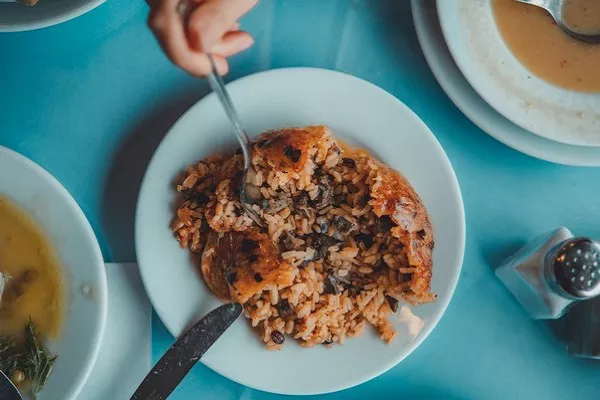After a workout, your body needs the right nutrients to recover and rebuild muscle tissue. While it is essential to eat a healthy and balanced diet, there are some foods you should avoid eating after a workout. In this article, we will discuss what you should not eat after a workout and why.
Fried Foods:
Fried foods are high in unhealthy fats, calories, and sodium. Consuming fried foods after a workout can slow down the digestive process, making it harder for your body to absorb the nutrients it needs to recover. Additionally, consuming high amounts of unhealthy fats and sodium can increase inflammation in the body, leading to delayed recovery.
Sugary Foods:
Sugary foods such as candy, soda, and desserts should be avoided after a workout. Consuming high amounts of sugar can cause a spike in blood sugar levels, leading to an energy crash later on. This can negatively impact recovery and leave you feeling tired and sluggish.
Alcohol:
Drinking alcohol after a workout can impair muscle recovery by slowing down protein synthesis. Alcohol also dehydrates the body, leading to delayed recovery and increased soreness. Additionally, consuming alcohol can negatively impact sleep quality, which is essential for muscle recovery.
Processed Foods:
Processed foods such as chips, crackers, and packaged snacks are high in unhealthy fats, calories, and sodium. These foods lack the nutrients your body needs to recover after a workout, and consuming them can lead to inflammation and delayed recovery.
Spicy Foods:
Spicy foods can cause heartburn, indigestion, and digestive issues after a workout. Consuming spicy foods can also lead to dehydration, making it harder for your body to recover and rebuild muscle tissue.
Large Meals:
Consuming a large meal after a workout can slow down the digestive process and make it harder for your body to absorb the nutrients it needs to recover. Instead of consuming one large meal, it is better to eat smaller, more frequent meals throughout the day to ensure your body is getting the nutrients it needs to recover.
High-Fiber Foods:
While fiber is essential for a healthy diet, consuming high-fiber foods after a workout can slow down the digestive process and make it harder for your body to absorb the nutrients it needs to recover. Consuming high-fiber foods after a workout can also lead to bloating, gas, and digestive discomfort.
In conclusion, it is important to eat a healthy and balanced diet after a workout to promote muscle recovery and growth. Avoiding fried foods, sugary foods, alcohol, processed foods, spicy foods, large meals, and high-fiber foods can help to promote faster recovery and reduce inflammation in the body. Instead, focus on consuming foods that are high in protein, healthy fats, and complex carbohydrates, such as lean meats, fish, vegetables, fruits, nuts, and seeds. Remember to listen to your body and make dietary choices that support your fitness goals and overall health.


